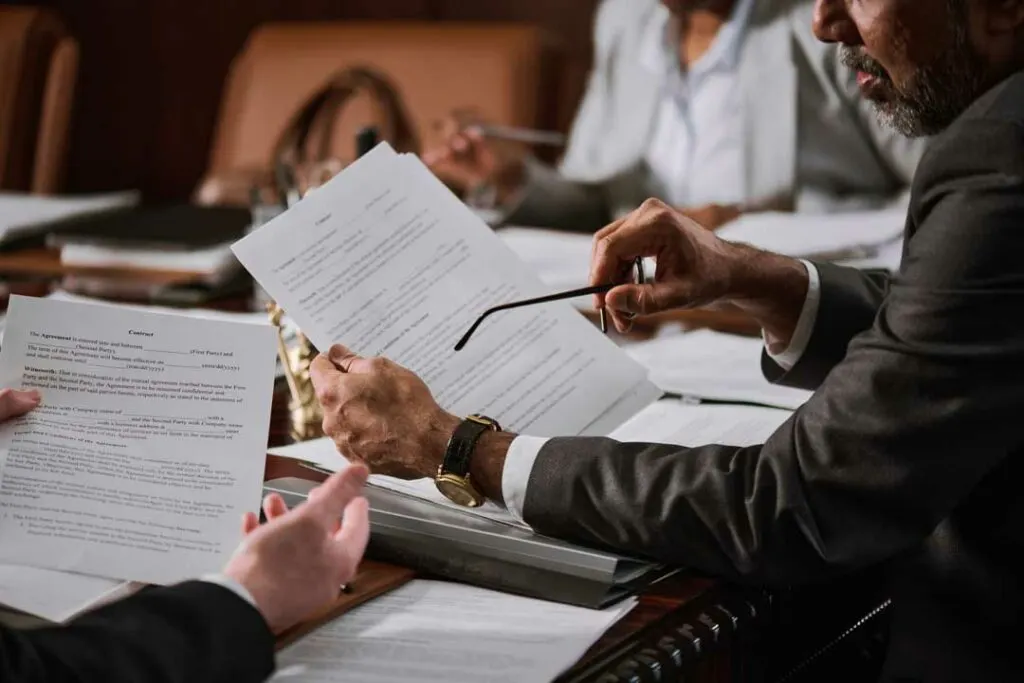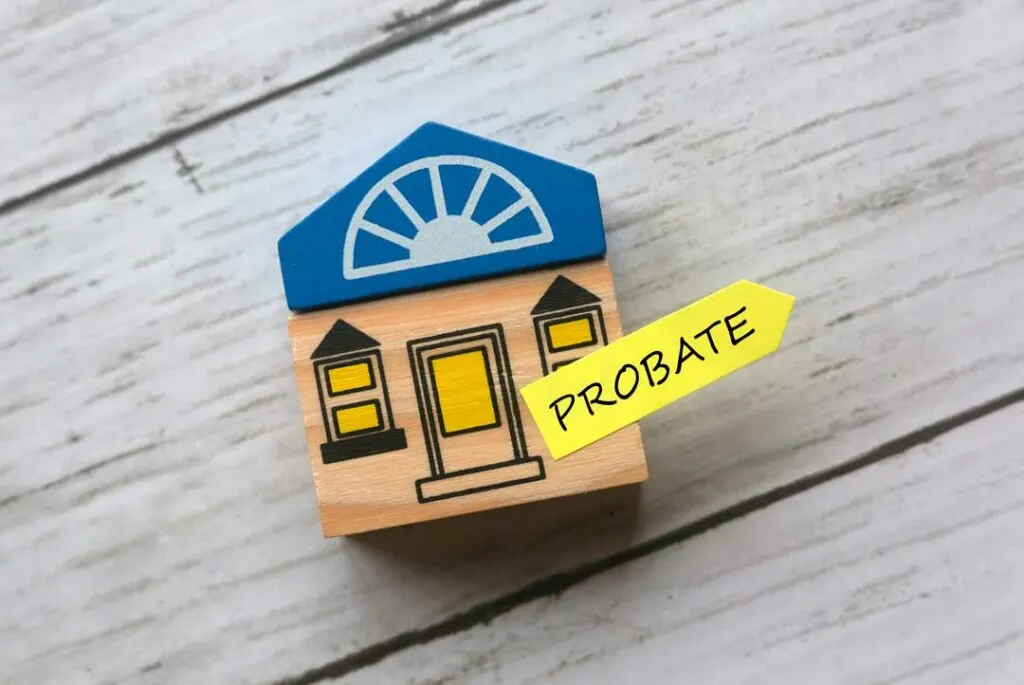Ever wondered why probate takes so long? Delays, disputes, and legal hurdles often slow down the process, but understanding it can help you prepare.
The probate process can feel like an endless journey. Many wonder why probate takes so long and why it seems riddled with delays. The truth lies in its complexity—managing assets, legal requirements, and family dynamics all play a role.
Understanding the key steps, challenges, and strategies to streamline the process can help set expectations and reduce stress. Let’s break it down and explore how probate works and why patience is often a necessity.
Why Probate Takes So Long: Key Delays Explained

The probate process can be quite daunting for a lot of people who may get confused by how long it takes to finish it up. The complexity behind it can explain why probate can last for months or even years. This article is here to clear up any confusion about what happens during probate and break down its different phases.
Understanding Probate
Probate is the process used to settle an individual estate by validating their will and distributing assets to the rightful beneficiaries after paying off any debts owed by the deceased person’s estate.
Each case has its unique elements but shares common steps that can assist in setting realistic expectations regarding the timeframe involved in this process. This is how probate works in general.
Filing the Will
The process of probate starts by submitting the will to the court to confirm its legitimacy and assign a representative to manage the person’s assets and liabilities.

Estate matters can get complicated if disagreements arise between beneficiaries or doubts emerge about the validity of the will. These issues may cause delays in moving forward with other steps in the process.
Appointment of Executor
After the court validates the will document officially signed by the individual before their passing, another person is appointed formally as an executor to handle various tasks, such as managing the deceased’s assets and settling any outstanding debts in accordance with their stated wishes in the will document.
Executors commonly encounter challenges related to tasks like collecting paperwork, which may lead to potential delays in the process.
Inventory and Appraisal of Assets
One crucial responsibility for the executor is to create a list of the person’s possessions, which should cover bank funds, properties owned, and any valuable personal items. The executor must ensure these assets are appraised accurately to facilitate fair distribution among beneficiaries.
This task can be time-consuming when handling estates and tracking down all assets involved in the process.
Settling Debts and Taxes
Before heirs can inherit their share of the estate, wealth and possessions owed to them by the individual must be settled first to notify creditors and resolve any claims against the estate as well as determining and paying any required estate taxes if applicable.

Taking care of these financial obligations can take a while especially when disagreements emerge regarding the validity of these claims.
Distribution of Assets
After settling the debt obligations, the executor distributes any remaining assets to the beneficiaries according to the instructions specified in the will. Nevertheless, unexpected challenges, like objections from heirs, may surface. These disagreements often result in conflicts that extend the duration of the procedure.
Family Dynamics
The interactions within a family are crucial in the probate process timeline, as tensions between siblings or disagreements over asset allocation can hinder progress and lead to complications requiring mediation or legal action for resolution, leading to prolonged delays. Family members should aim for communication in order to avoid confusion and speed up the overall procedure.

Legal Challenges
When legal issues arise, like disputes over the validity or claims of the will against the estate, things can get more complicated. Challenging a will means going through court processes that take time and require knowledge. These obstacles not only delay the probate process. They also lead to extra expenses that affect those who are set to inherit.
Court Caseload
Courts frequently face a number of matters to handle, which can cause delays in probate proceedings. This is due to the backlog of court schedules, resulting in prolonged waiting times for hearings and approvals needed for the execution of wills and distribution of assets among beneficiaries despite efforts by executors and heirs to speed up paperwork processing. Significant delays related to court proceedings are typical and out of their hands.
Strategies for Expediting Probate

Even though there are delays involved in the probate process, several methods can speed things up a bit. Hiring a lawyer can offer valuable advice to executors in handling legal matters effectively.
They should keep their records organized, making sure they have all the necessary documents handy. Maintaining clear communication among family members could reduce conflicts and make the probate process run more smoothly.
Understanding Why Probate Takes So Long
To grasp the essence of probate procedures is to recognize the importance of patience in the process’s unfolding journey. A range of elements, such as intricacies and family relationships alongside court workload, influence the duration for a resolution to be achieved. Executives and recipients can gain advantages from taking steps like seeking advice and fostering open dialogue to maneuver through the process with greater ease.

Jessi is the creative mind behind The Coffee Mom, a popular blog that combines parenting advice, travel tips, and a love for all things Disney. As a trusted Disney influencer and passionate storyteller, Jessi’s authentic insights and relatable content resonate with readers worldwide.
